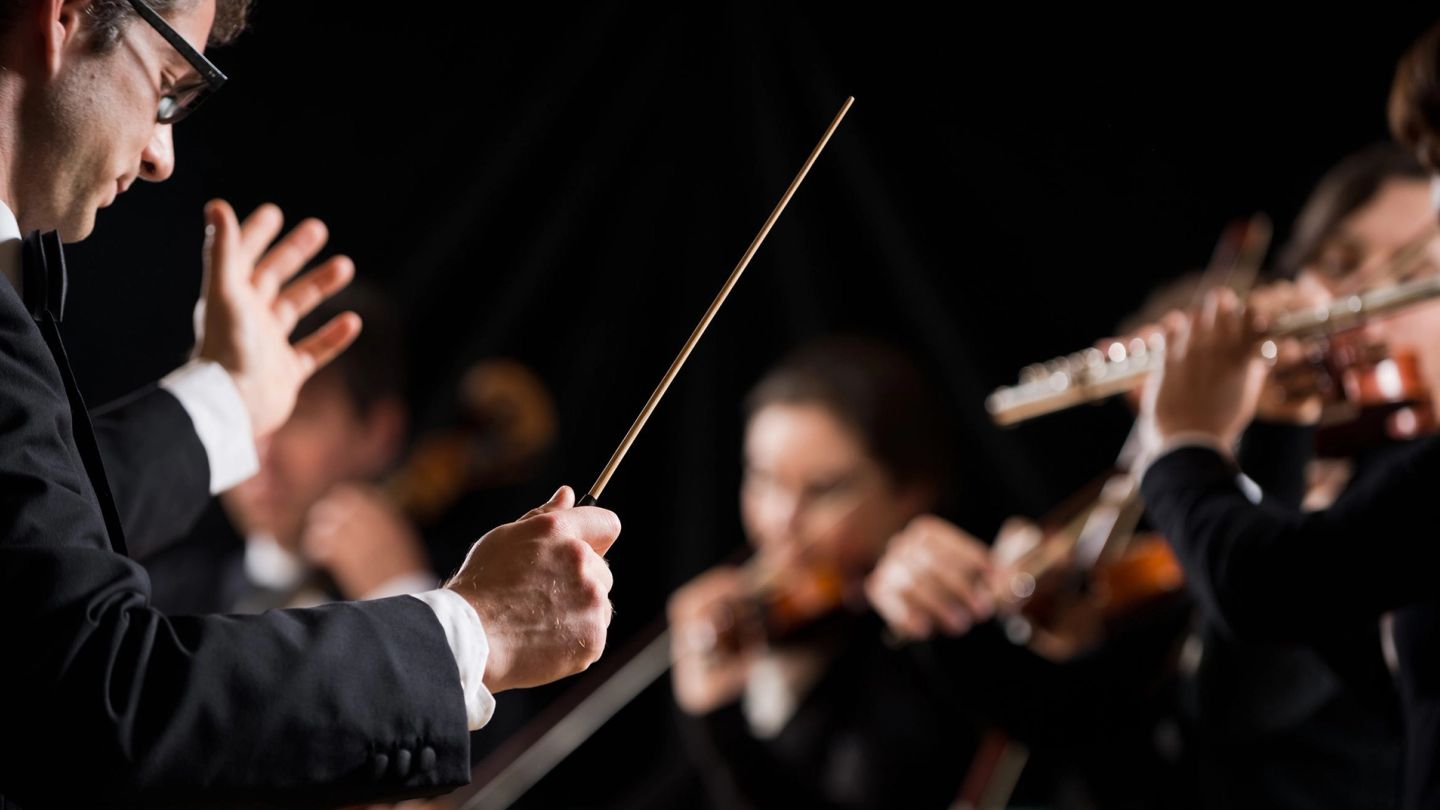

10 pieces of classical music every man should be aware of
From Bach and Bruckner to Britten and Beethoven
Words: Jonathan Wells
Classical music is anathema to many modern men. Ask them to name a composer and they’ll likely say Mozart, ask them what they think of the form and they’ll likely say boring. But ask them if they’ve ever sat down and listened to a piece all the way through. They’ll likely say no.
Which is why, with the BBC Proms in full swing, there is no better time to educate yourself in a mode of music that is not only underplayed, but underappreciated.
So turn up your speakers, pay attention and listen closely to ten pieces of classical music that will give you a solid understanding of the form. And don’t worry, there’s not a note of Mozart in sight.
Don’t let the fact that Britten’s 1945 composition is aimed towards young people put you off – it is a brilliant introduction to the instrumental interplay of an orchestra. A series of variations on composer Henry Purcell’s Rondeau from the opera Abdelazer climaxes in this fugue – a celebration and culmination of the theme and the thrilling end of your classical ‘lesson’. Listen and learn.
Jupiter, the Bringer of Jollity may be the most-played Planet in Holst’s 1916 suite, but Mars is by far the most manly. Raucous and unapologetic, the warmongering red planet brings the noise to the party – and will blow any preconceptions you have of classical music being ‘soft’ out of the water.
You’ve probably heard some Beethoven in the past, but this, the overture to the German composer’s incidental music for the play Egmont, is probably not a piece to which you have been introduced. Powerful and expressive, the music doesn’t force itself on the listener, instead repeating swelling themes and showcasing Beethoven at his best.
Frequently played, but for good reason, the finale to Rossini’s overture to the opera William Tell is fast, fierce and mind-bendingly memorable. Kicking off with an ultra-dynamic galop from the trumpets, the music irrepressibly builds to one of the most exciting crescendos in music, crashing towards those final bars and leaving listeners and performers alike thoroughly worn out.
You’ve likely heard Wagner’s Ride of the Valkyries used in various films or shoehorned into terrible pop-classic albums – but whilst it has its merits, there are better pieces. Instead, dig a little deeper into the German’s catalogue and you will find this gem. The prelude to Act III of the opera Lohengrin, both the flourishes and powerful brass calls in the composer’s music are unrivalled. You want drama? Wagner’s your man.
Curiously, this overture does not precede an opera. Instead it is a standalone piece of music, inspired by composer Mendelssohn’s trip to Fingal’s Cave on the Scottish island of Staffa. Structured around two themes, the first perfectly shows classical music’s ability to evoke emotion and feelings of solitude and loss. The second illustrates another of classical music’s qualities – the ability to call to mind particular memories and movement – in this case, rolling waves.
The final movement of Modest Mussorgsky’s Pictures at an Exhibition suite will stir even the most vehement detractor of classical music. The grand, main theme with which the piece opens has such gravitas and impact that the solemn secondary theme – based on a baptismal hymn – is often overlooked. Try to listen out for it – the juxtaposition shows just how diverse classical music can be.
As with Mussorgsky’s Great Gate of Kiev, the opening bars of Sibelius’ Finlandia grab you by the lapels and give you a good shake. Brassy, incredibly serious and a great illustrator of harmony, the Finnish composer’s musical depiction of his fellow countrymen’s struggle is rousing and turbulent. This is political commentary at its most artistic – and something Britten and Shostakovich, among others, would echo in the coming century.
Nicknamed The Apocalyptic, Bruckner’s 8th symphony is a brilliant introduction to the compositional form. In four movements, the Austrian composer moves from style to style, from song-like sections to thunderous, rhythmic musical assaults, until the triumphant fourth movement ties together the entire work, unifying almost all of the themes used throughout and stunningly concluding an immensely entertaining 75 minutes of music.
Going out with a frantic, almost demented bang, Bach’s Toccata and Fugue in D Minor is another piece that has pervaded pop culture. The original, played with great skill on the organ, is classic classical music – it both brings together styles, themes and moods to create a piece that has you celebrating at some moments, and feeling like hiding behind the sofa at others.


